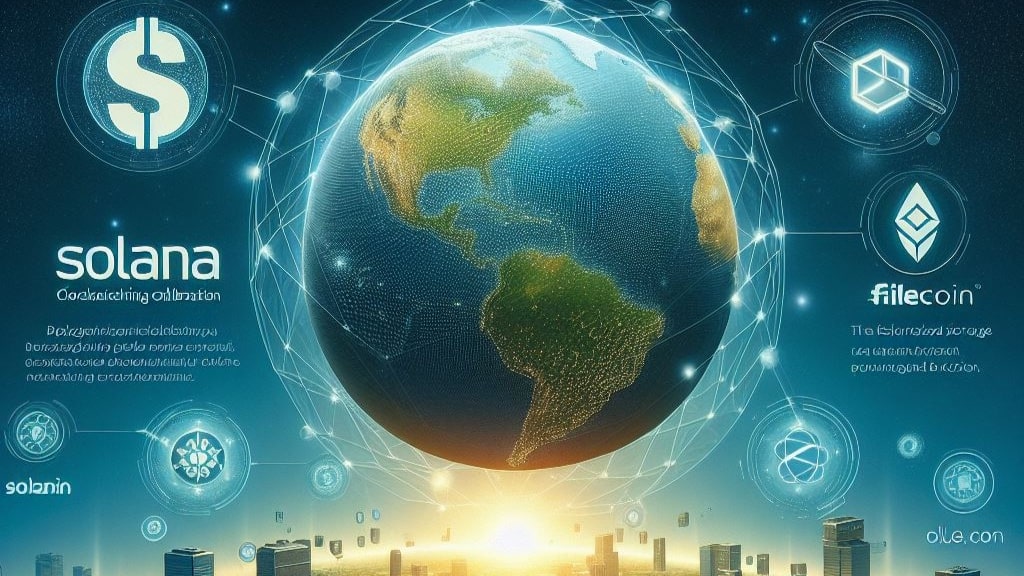


Solana and Filecoin have formed an alliance to revolutionize decentralized storage solutions. Traditional centralized storage systems pose risks such as data breaches and censorship. The partnership between Solana and Filecoin aims to enhance scalability, security, and accessibility in decentralized storage. Solana will integrate Filecoin's technology to expand its storage capabilities, offering advantages such as enhanced accessibility and increased security for Solana users. This collaboration has broader implications for the blockchain industry, driving innovation and adoption. The integration of decentralized storage solutions opens up new possibilities for applications and use cases, reshaping the way data is stored and accessed within blockchain networks and empowering users with enhanced security and accessibility.
Clara Tsao, a founding officer and director of the Filecoin Foundation, spoke at ETHDenver about the integration of artificial intelligence (AI) and decentralized storage. Tsao highlighted the importance of decentralized storage in the AI-driven era and explained how Filecoin aims to use AI in its system. She emphasized Filecoin's role as the world's largest decentralized storage network and its ability to handle the large amount of data needed for training AI effectively. Tsao also discussed the benefits of Filecoin for AI development, including cost efficiency, data integrity and origin verification, and mitigating the risk of data concentration in the hands of a few entities. She mentioned Filecoin's collaboration with organizations like Starling Lab at Stanford University to securely store photos for international criminal court cases. Tsao concluded by mentioning that Filecoin is also addressing supply chain problems in traditional computing systems.
Decentralized data storage platforms using web3 technologies like blockchain, zero-knowledge proofs, and self-sovereign identities are emerging as solutions to the centralized data problem. These platforms allow users to securely store and access their information without relinquishing ownership to third parties. Decentralized file storage networks like Filecoin and Arweave, and decentralized data warehouses like Space and Time (SxT) are examples of such platforms. Despite their relative growth, decentralized solutions still account for just 0.1% of the $80 billion cloud storage market. Major data breaches continue to occur, with the number of breaches tripling between 2013 and 2022. One project addressing the data privacy problem is Space and Time (SxT), an AI-powered decentralized data warehouse that prioritizes user privacy, security, and sovereignty. SxT integrates with existing enterprise systems, supports transactional queries and complex analytics, and offers free storage and encrypted data. It also introduces Proof of SQL, a cryptographic validation method for SQL operations. The responsibility of bringing about a new era of user privacy lies not only with technologists but also with consumers and governments. Decentralized storage has the potential to empower individuals with data ownership and privacy, potentially ending the reign of big tech corporations. [341f8cad] [ca279c81] [49de8ad8]